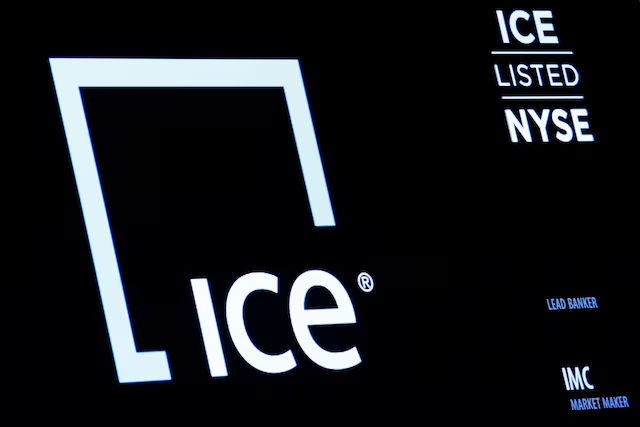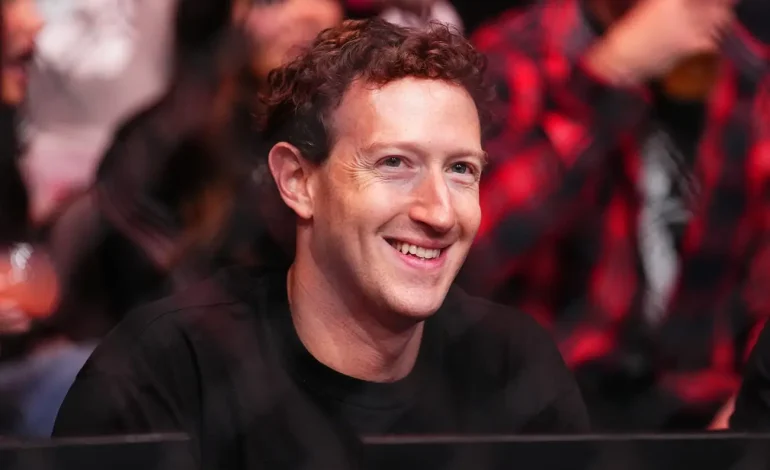A wave of intense competition for elite artificial intelligence (AI) talent is sweeping through Silicon Valley, with companies like Meta and OpenAI offering compensation packages reportedly reaching into the tens of millions of dollars, Business Insider reports.
This hiring surge—described by some as unprecedented—is generating a sense of “compensation FOMO” (fear of missing out) among those not receiving such offers.
Meta, led by CEO Mark Zuckerberg, has been at the forefront of this recruitment push, aggressively seeking top-tier machine learning engineers and researchers. Some candidates are reportedly being offered between $8 million and $20 million per year in total compensation. The bidding war has left many in the industry stunned, especially those who had never anticipated earning such figures at any point in their careers.
“This is not just another tech hiring cycle,” said Deedy Das, an AI investor at Menlo Ventures. “There’s envy, shock, and a sense of being left out—even among high-achieving engineers.”
The frenzy escalated last month when Meta acquired a 49% stake in AI infrastructure company Scale as part of a $14.3 billion deal, recruiting CEO Alexandr Wang in the process. Soon after, OpenAI CEO Sam Altman claimed Meta was offering $100 million signing bonuses to lure away his top researchers. Meta executives have disputed the size of those bonuses but confirmed they are aggressively expanding their AI efforts.
This week, Meta announced the formation of Meta Superintelligence Labs, co-led by Wang and featuring a team of top researchers poached from OpenAI. The strategic move has intensified the already fierce battle for AI leadership.
Venture capital firms and tech insiders liken the current situation to a sports-style draft for star players, with talk of researchers needing agents and receiving offers that rival professional athletes.
According to Roy Bahat of Bloomberg Beta, “In my 20 years in tech, I’ve never seen a more clearly defined market for a specific kind of talent.”
The competition is not limited to experienced professionals. Companies are targeting Ph.D. interns and graduate students in AI and machine learning programs, sometimes encouraging them to drop out of school to seize what some describe as a once-in-a-generation opportunity.
“There’s pressure on students to join the workforce immediately,” said Bill Aulet of MIT’s Martin Trust Center. “It’s dizzying how quickly the stakes have risen.”
The trend is also reshaping startup dynamics. With the cost of hiring elite talent skyrocketing, founders may now need to raise $30–50 million just to get a new foundational model company off the ground, according to Mayfield Fund’s Navin Chaddha. As a result, some potential entrepreneurs are opting to stay at established tech firms, where compensation is more certain.
One example is Thinking Machines Lab, a stealth startup led by former OpenAI CTO Mira Murati. According to reports, the company has offered $500,000 salaries—not including equity or bonuses—before publicly launching or securing its first funding round.
Despite the enormous sums being offered, industry insiders caution that money alone isn’t enough to retain the best AI minds. Values and mission-driven work continue to play a major role.
“At the highest levels, many researchers care deeply about the impact of their work,” said Das. “If you don’t have a mission, the culture suffers—no matter how much you pay.”










The latest news in your social feeds
Subscribe to our social media platforms to stay tuned